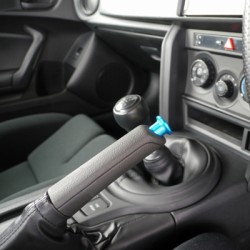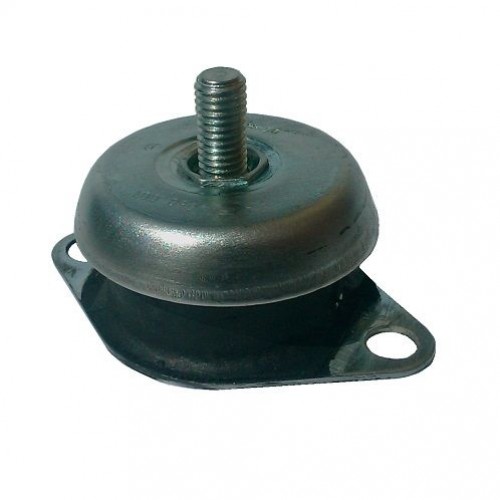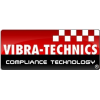Vibra Technics Engine Mount
High performance replacement for the original equipment part. This is a complete redesign of the mount which now features failsafe control over engine movement. It is an ideal mount for motorsport use.
It is a direct replacement with no modifications required to the cross member or engine mount brackets.
Replaces OEM part number: 124734
This product is compatible with the following vehicles
| Vehicle Make | Vehicle Model | Vehicle Variant | From | To | Engine | Notes |
| Triumph | 2000 | MK 1 | 1963 | 1969 | 7EL | 2.0L - RWD Petrol |
| Triumph | 2000 | MK 1 | 1965 | 1969 | 20TC | 2.0L - RWD Petrol |
| Triumph | 2000 | MK 2 | 1969 | 1977 | 7EH | 2.0L - RWD Petrol |
| Triumph | 2000 | MK 2 | 1969 | 1977 | 7EL | 2.0L - RWD Petrol |
| Triumph | 2000 | MK 2 | 1969 | 1977 | 20TC | 2.0L - RWD Petrol |
| Triumph | 2000 | MK 2 | 1969 | 1977 | 2.0L - RWD Petrol | |
| Triumph | 2000 | MK 2 | 1975 | 1977 | 20TC | 2.0L TC - RWD Petrol |
It was realized in the early 1990's that there were some fast and expensive sports cars being built with fairly crude engine mountings and that little was available for the specialist car manufacturer when it came to a design and supply service for small numbers of engine mounting systems. Vibra-Technics Automotive was originally established to fill that gap. Subsequently racing and fast road saloon car mounts were developed for a variety of makes and this has grown the business to where Vibra-Technics are offering over 75 specific products for high performance cars with another 18 general products which can be used in a variety of applications from ATV's to V8 engined kit cars.
Vibra-Technics products are manufactured primarily from natural rubber compounds and occasionally from blends of synthetic and natural rubber to give particular properties for specific applications. Extensive experience and testing in all kinds of environmental conditions by Automobile Manufacturers has shown that only natural rubber compounds give optimum performance and durability (which is why it is still universally used today by every car manufacturer). Where the rubber needs to be attached to metal components, this is achieved by chemically bonding the rubber to the metal during the molding process, using the latest chemical adhesive systems.

























